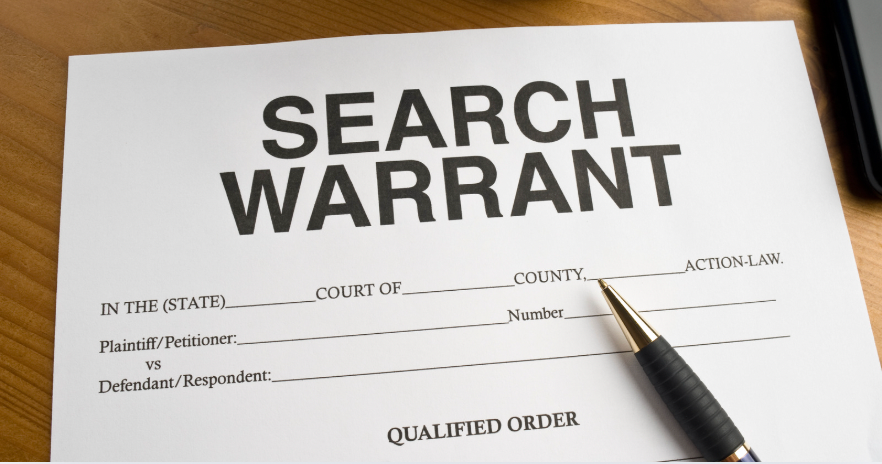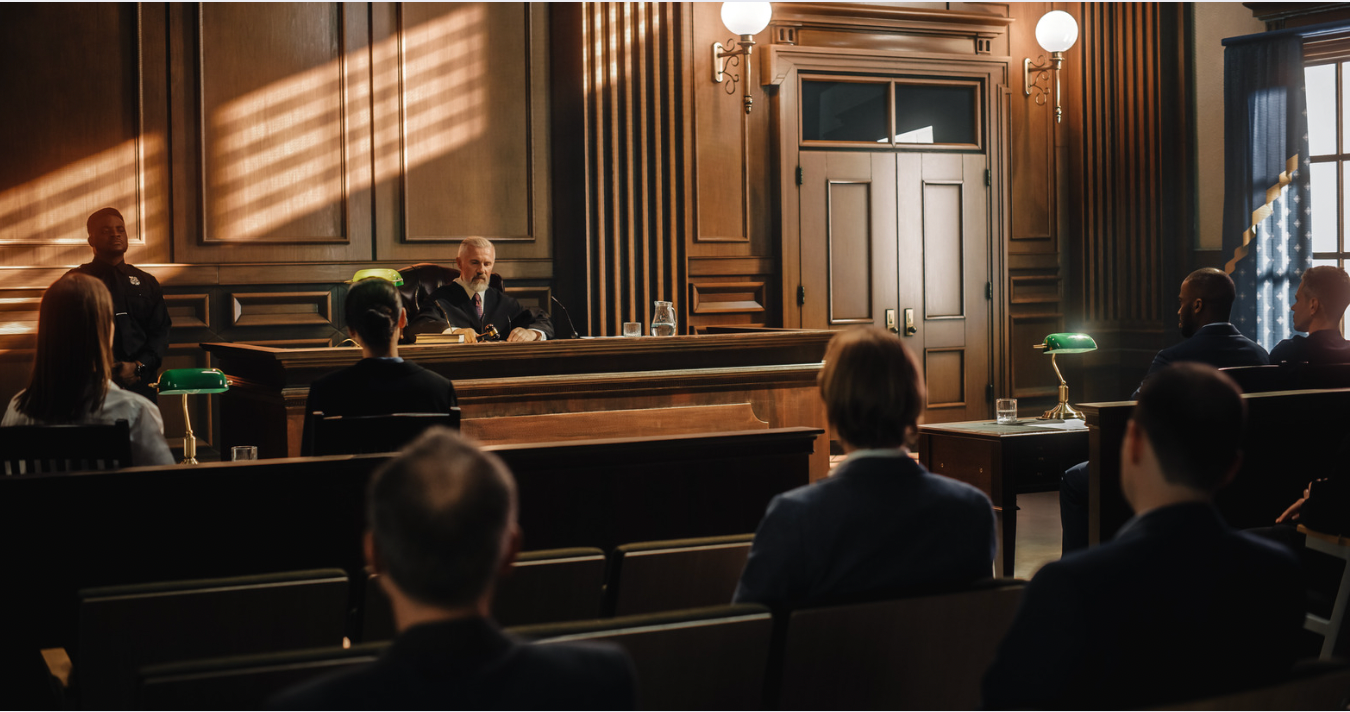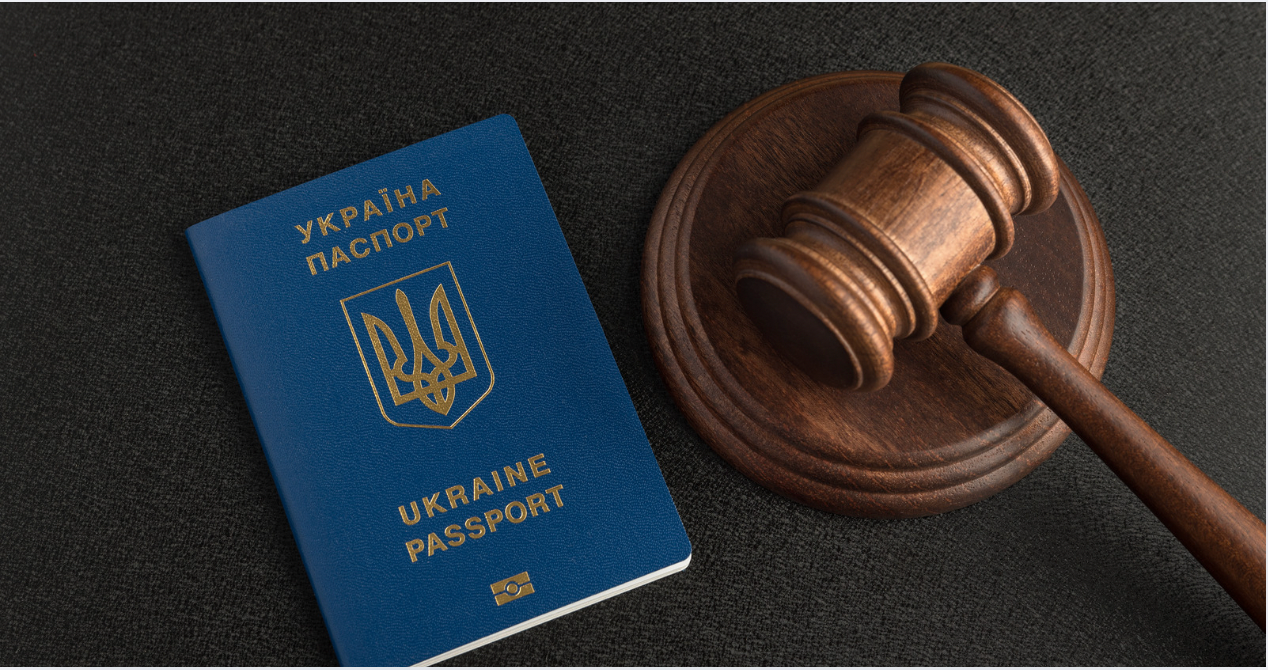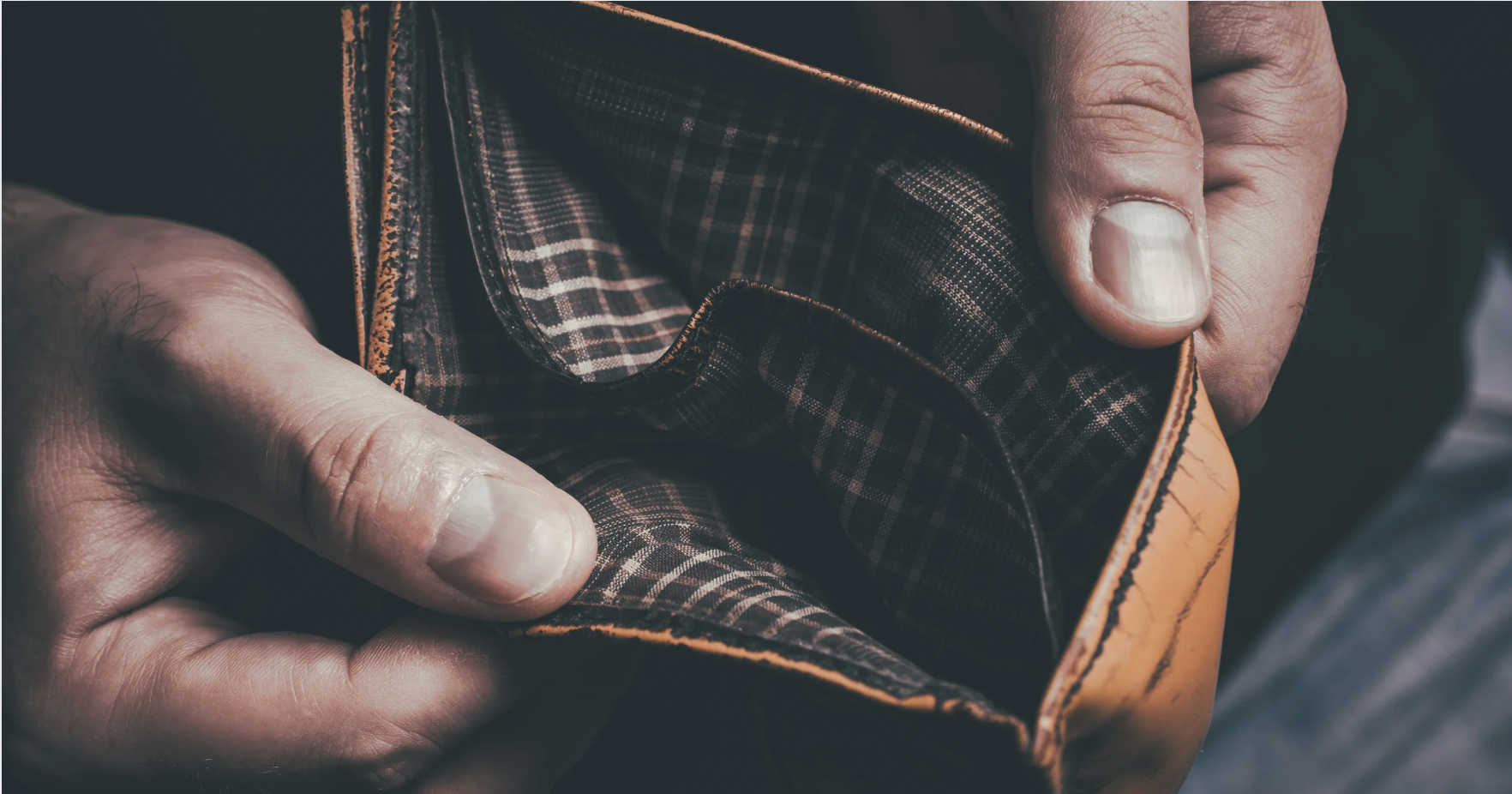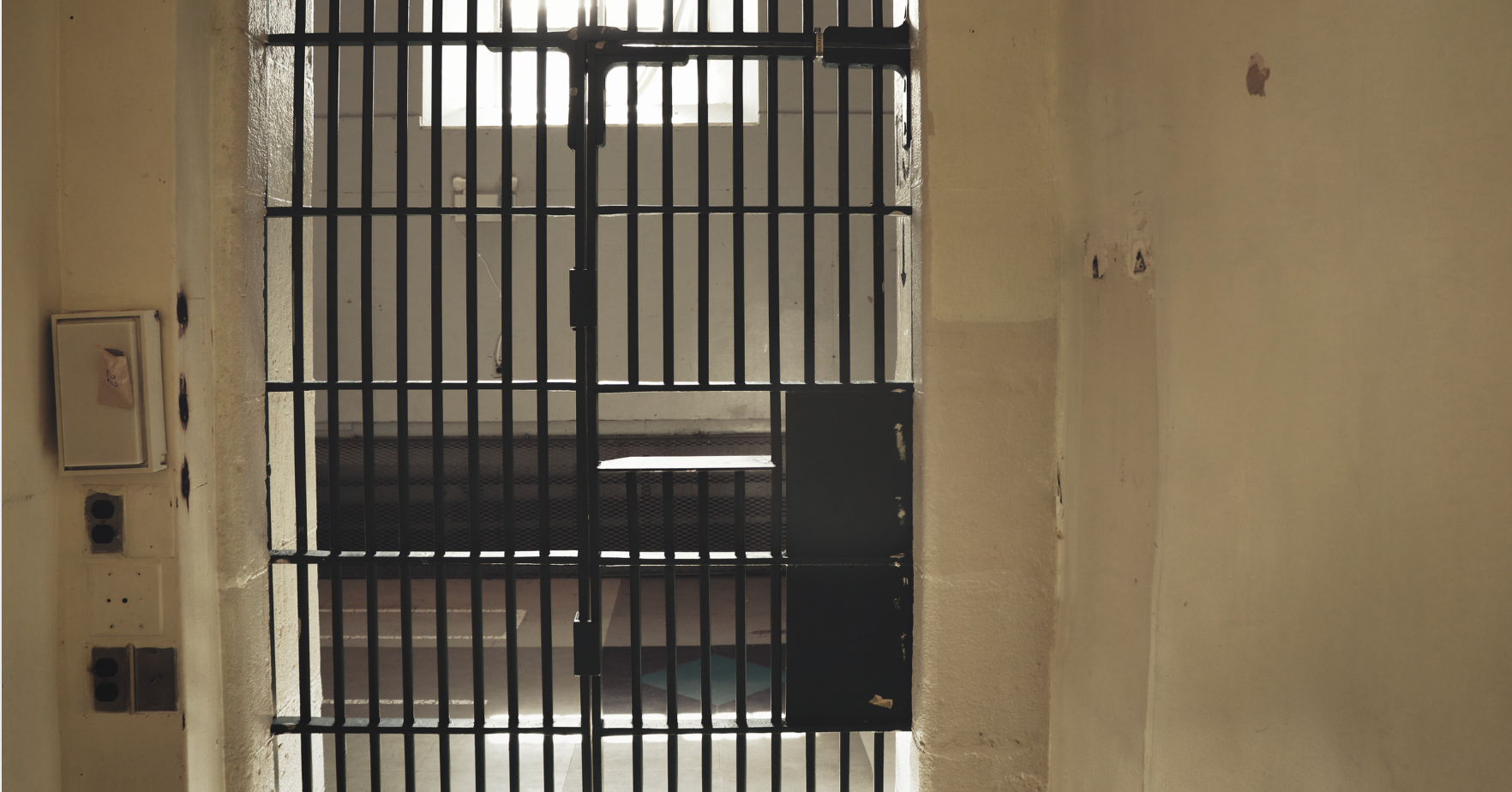Can a Bail Bondsman Search My House?
When a bail bondsman provides a bond to secure the release of a defendant from jail, they take on a significant financial risk. If the defendant fails to appear in court or violates the terms of their bail, the bondsman is responsible for paying the full bail amount to the court. As part of managing this risk, many people wonder: Can a bail bondsman search my house?
The Role of a Bail Bondsman
A bail bondsman posts bail on behalf of a defendant, allowing them to remain free while awaiting their court date. In exchange, the defendant (or a family member) pays the bondsman a non-refundable fee, usually around 10% of the total bail amount. However, the bondsman is responsible for ensuring that the defendant shows up to court. If the defendant skips court—committing what’s known as "bail jumping"—the bondsman has a vested interest in locating them.
Can a Bail Bondsman Search Your House?
Yes, under certain circumstances, a bail bondsman can search your house or property if the defendant is suspected of skipping bail. When the defendant signs a bail bond agreement, they typically agree to allow the bondsman to track them down if they fail to appear in court. This can include allowing the bondsman to search the defendant’s residence or any other property that might be associated with them.
However, a bail bondsman does not have unlimited power to enter any home without permission. In general, the bondsman must have reasonable grounds to believe that the defendant is on the premises. If you signed a bail agreement, you may have also signed a waiver allowing the bondsman to enter your home if the defendant is hiding there.
What Happens if the Defendant Skips Bail?
If a defendant skips bail, the bondsman is allowed to take action to find and return them to the authorities. This can involve employing bounty hunters or entering a property to look for the defendant. If the defendant is located and returned to custody, the bondsman avoids losing the full bail amount.
However, if the defendant is not found, the person who secured the bail bond (often a family member or friend) may be liable to pay the full amount of the bail. This is why bondsmen take their responsibilities seriously when a defendant fails to appear in court.
Need Help With Bail? Contact Griffith Bailbonds Today!
If you’re unsure about the terms of a bail bond or need help with posting bail, Griffith Bailbonds
is here to help. We offer fast, reliable bail bond services and can answer any questions you have about your rights and responsibilities.
Contact us 24/7 for experienced assistance with the bail process!


